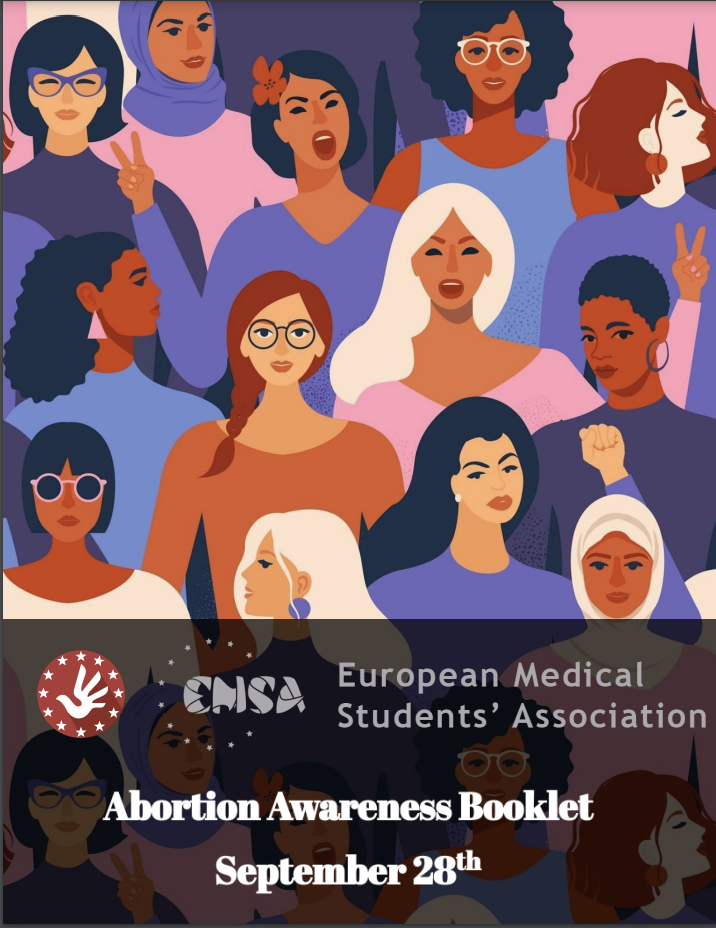Welcome to the Medical Ethics and Human
Rights Pillar!

Vision and Mission
The Medical Ethics and Human Rights pillar essentially focuses on how Human Rights combine with Medical Ethics to ensure that we, as future doctors, provide the best possible care to patients.
Patient care can be impacted by the bias of healthcare providers. Therefore, we aim to raise awareness among medical students about the ethical and human rights issues they might come across in their career. Our pillar aims to advocate for the best possible care for our patients and a safe learning and working environment for our colleagues.
MEHR is about being able to adapt to the changing needs of society, and ensuring patient rights are always centered for the overall benefit of society.
Focus Areas
LGBTQIA+ Rights
Members of the LGBTQIA+ community often face stigma when they are seeking healthcare services. It is our duty as future physicians to make sure we are knowledgeable about their specific healthcare needs and equipped to provide them for their medical needs. We should advocate for their right to access to healthcare and support our colleagues who are a part of the community.
Reproductive Rights
Every individual regardless of their sex, sexual orientation or socioeconomic status should have safe access to reproductive health services. Stigma against people living with HIV, access to safe abortion and contraception are some of our focuses.
Mental Health
Mental health is an important topic for both patients and healthcare providers. Medical students face a lot of mental health issues due to their learning and working environments. We aim to raise awareness about this and counteract stigma against mental health issues. You can find the documentary we did in collaboration with EHSAS here.
Refugees
We want to put a human face to the issue of refugee health. It is very easy for some of us to assume that the only time we will get the chance to meet and treat refugees is if we are in a place in Africa. It is high time we open our eyes to refugees; we will encounter them as our patients and it’s our responsibility to take into consideration their unique health concerns, including mental health problems related to trauma or violence they might have faced along the way. We want to bring those issues to life, to be sure refugees are not a forgotten population to medical students.







